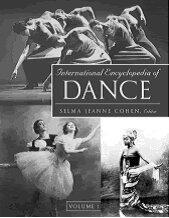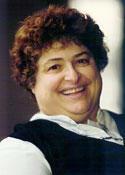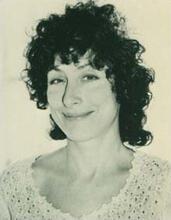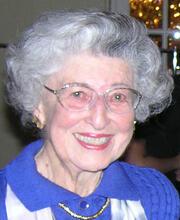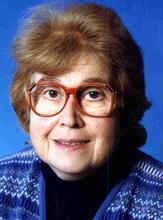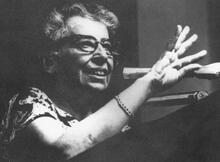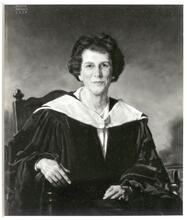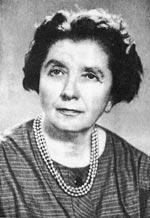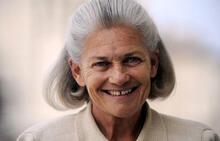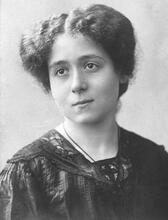Leah Cohen Harby
Leah Harby’s ancestors had fought in the Revolutionary War, the War of 1812, and the Civil War. Upon settling in Texas in 1869, Harby began using her family stories and local history as fuel for her writing and began publishing essays, poems, and short stories in both local papers and nationally acclaimed journals. Her 1883 article, “Women and Their Possibilities,” encouraged Jewish women to become educated, charming, and self-reliant. Her 1891 and 1894 articles for the American Historical Association’s Annual Report, “The Earliest Texas” and “The Tejas: Their Habits, Government, and Superstitions,” won praise from the association. She also wrote a number of poems, many of which were dedicated to Confederate soldiers. Along with her membership in the DAR, DAC, and AHA, Harby was proud to participate in Sorosis, the first women’s club in New York City, which was dedicated to the intellectual and professional success of women.
Family Heritage
Leah Cohen Harby wore her heritage proudly, practicing fidelity to country, faith, and family in her writing and everyday living. Born to a distinguished family in Charleston, South Carolina, on September 7, 1849, she grew up in an environment that encouraged intellectual development and prized patriotism.
Isaac Harby, her grandfather, was a noted early nineteenth-century dramatist as well as a founding member of the Reform Society of Israelites. Members of the Harby family served in both the Revolutionary War and the War of 1812. Levi Myers Harby, Isaac’s brother and Leah Cohen’s father-in-law, rose to the rank of captain in the United States Navy before resigning his commission to serve in the Confederacy. At war’s end, he had successfully defended and continued to command Galveston harbor.
Loyalty to country was matched by the value accorded education in the family. Armida Harby, daughter of Isaac, married Marx E. Cohen, who had been educated at the University of Glasgow. He seems to have taken an active role in the education of his six children, of whom Leah was the fifth. In addition, the women of the Harby family provided ample literary models for the young Leah. Her aunts Octavia Harby Moses and Caroline de Litchfield Harby wrote poetry. Her sister Caroline Cohen Joachimsen wrote for contemporary newspapers, magazines, and Jewish periodicals.
Texas Inspiration and Authorship
Upon her marriage to her second cousin John De LaMotta Harby, the couple made their home in Galveston, where Leah Cohen Harby found in Texas the subject matter for her historical works. During the 1870s and 1880s, her contributions of verse and essays to both local and national publications increased. Accolades included first prize for her lyrics to a Texas flag song and recognition by the American Historical Association (AHA) in the form of membership and publication of her articles “The Earliest Texas” and “The Tejas: Their Habits, Government, and Superstitions” in the AHA Annual Report for 1891 and 1894. She had attracted the attention of the organization through her article “City of a Prince,” an account of the founding of the German community of New Braunfels, Texas, that appeared in the Magazine of American History in 1888.
While best known as an author, Leah Cohen Harby’s active participation in a variety of organizations establishes her as a role model for her generation and for feminists to come. As a member of the Daughters of the American Revolution and the Daughters of the Confederacy, she acknowledged her American and southern roots. Her devotion to the historical societies of Texas, New York, and South Carolina, as well as to the AHA, affirms her commitment to education through understanding the past. Sorosis, the first women’s club in New York City, became a venue for her promotion of intellectual freedom for women. Her many contributions to the Jewish Messenger and other Jewish journals testify that she pursued her goals firmly grounded in a context of what it means to be a woman in the light of Jewish religious and family teaching. As the title of one of her articles suggests, she saw and lived the “possibilities.”
Leah Cohen Harby died in October 1918.
Selected Works by Leah Cohen Harby
“City of a Prince.” Magazine of American History (1888).
“The Earliest Texas.” American Historical Association (AHA) Annual Report (1891).
“Our Women and Their Possibilities.” In The American Jewish Woman: A Documentary History, edited by Jacob Rader Marcus (1981).
“The Tejas: Their Habits, Government, and Superstitions.” AHA Annual Report (1894).
Adams, Oscar Fay. A Dictionary of American Authors, 5th ed., s.v. “Harby, Lee Cohen” (1904. Reprint 1969).
AJYB 6 (1904–1905): 110, 21:205, 24:153.
Herman, Kali. Women in Particular: An Index to American Women, s.v. “Harbee, Lee Cohen” (1984).
JE.
Knight, Lucien Lamar. Biographical Dictionary of Southern Authors, s.v. “Harby, Mrs. Lee [Cohen]” (1929. Reprint 1978).
Lichtenstein, Diane. Writing Their Nations: The Tradition of Nineteenth-Century American Jewish Women Writers (1992).
Marcus, Jacob Rader. The American Jewish Woman, 1654–1980 (1981).
“Mrs. Lee Cohen Harby, Author.” NYTimes, October 22, 1918, 13:1.
UJE (1942), s.v. “Harby, Mrs. Lee C.”
A Woman of the Century: 1470 Biographical Sketches Accompanied by Portraits of Leading American Women in All Walks of Life. Edited by Frances E. Willard and Mary A. Livermore (1967).
WWWIA 4 (1968), s.v. “Harby, Lee Cohen.”

